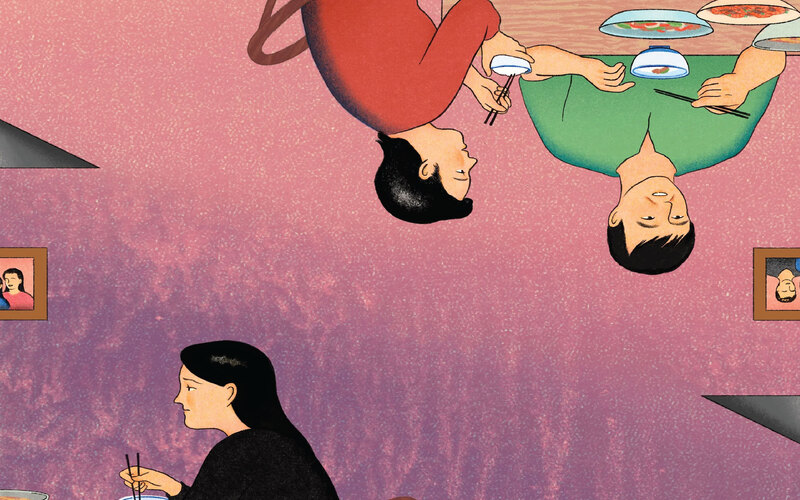How many languages do you speak?
If only one, then you must be seriously considering learning another one! right?
But, seriously, is learning a new language worth your while?!
In today’s increasingly interdependent world, speaking a second language is an essential skill that gives you the ability to communicate and connect with people from all over the world in a quicker and more meaningful way. Connections are now more important than ever, especially while considering the continual globalization of the world’s economy, a foreign language will always give you a significant advantage.
All polyglots can easily agree on the fact that Learning multiple languages can effortlessly change your life for the better. but in what ways?!
- Increase brain power
- An academic advantage for children
- Increase awareness of other cultures
- Make travel easier and more enjoyable
- Improve competitiveness in the job market
- Go to the Source
- Become a Polyglot
- Boost Your Confidence
- Strengthen Your Decision-Making
- Gain Perspective
Learning a language is a great way to keep your brain healthy and sharp. Being bilingual can improve a person’s multitasking skills, attention control, problem-solving, and creativity as it promotes outside-the-box thinking. It can also help improve your memory which ironically is super handy when shopping and remembering people’s names!
Studies have shown that bilingual children can outperform monolingual ones in a number of subject areas. The effects of bilingualism can help improve a child’s educational development, cognitive functions, social skills, literacy, and emotional skills which have positive effects for many years to come.
Being bilingual exposes an individual to diverse customs, ideas, and perspectives from different cultures. Of course, you can still learn about other cultures without knowing a second language, but language learning really allows for a more immersive experience.
If you are or aspire to be a globetrotter, learning languages is a must! Traveling is way more fun and easier when there isn’t a language barrier; you can have a more immersive and authentic experience. You’ll be able to talk directly with the locals and make more friends along the way. Knowing what food to order without pointing at pictures and asking for directions when you get lost is also a bonus.
Speaking a second language can provide more job opportunities, depending on which language you speak. Communication in the workplace is important, and more companies, especially those with international offices, are considering bilingualism a high priority. Being able to communicate with foreign clients or customers is considered a big advantage too.
In a world of more than 6,000 spoken languages, we sometimes require translation. but speaking at least one additional empowers us to access information that would otherwise be off-limits. For example, individuals proficient in other languages are able to navigate the Internet as genuine global citizens—consuming and assessing foreign media and entertainment.
Not only does learning a second language improve communication skills and multiply vocabulary in your first language, but t research also shows that learning a new language, makes picking up additional languages a much easier feat, especially among children. Science proves That when you learn a new language, you develop new brain networks that are primed and ready to embark on learning a third language.
Any language learner can attest to making his or her share of mistakes while discovering a new language—often in front of an audience. It’s a necessary part of the learning process! Learning a language means putting yourself out there and moving out of your comfort zone. The upside is the amazing sense of accomplishment you’ll feel when conversing with someone in their native language.
Studies show that decisions made in your second language are more reason-driven than those made in your native language. Contrary to popular assumptions, when we deliberate in a second or third language, we actually distance ourselves from the emotional responses and biases deeply associated with our mother tongue. The result? Systematic and clear-headed decisions based on just the facts.
As we explore a new language and culture, we naturally draw comparisons to what is most familiar. Learning about another culture sheds light on aspects of our own culture—both positive and negative—we may not have previously considered. You may find a greater appreciation for what you have, or you may decide to shake things up!
Those were some of the most important benefits of learning a second language. However, there are still many more that we haven't mentioned. Now, are you convinced that you should start learning a new language?!

